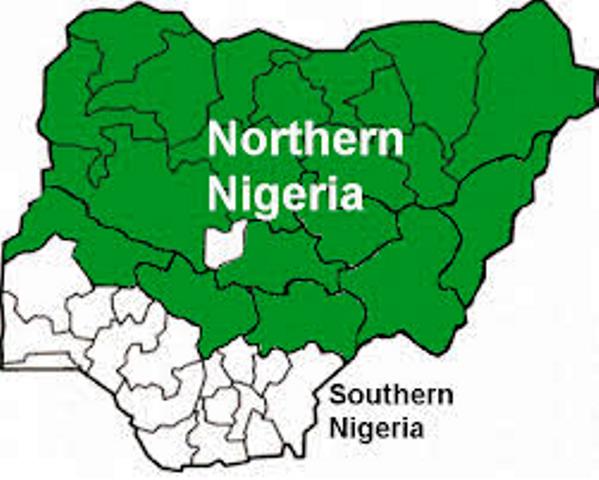
Northern Nigeria: Power Crisis Amid Sultan Rumors
By Kamal Ololade Ahmed
For nearly two weeks now, Northern Nigeria has been engulfed in a harrowing period of total blackout, a benighted spell that hearkens back to the medieval Dark Ages. In some senses, the region has been transported to an era where shadows reign; yet, here, the agents of this modern darkness are neither mythical nor imagined. Marauders and bandits, the new lords of the forested territories, have seized control, exploiting the land’s vulnerabilities. The power towers along the Shiroto-Mando transmission lines have been reduced to ruins amidst dense wilderness, a territory where these “agents of darkness” assert authority even within the boundaries of a federal republic. Even the last alternative line, a desperate recourse, has succumbed to vandalism—a stark reminder of how deeply entrenched this shadow has become.
Northern traditional rulers and governors convened in Kaduna at the beginning of this week for an emergency summit that the gravity of this situation demanded. At the gathering, the Sultan of Sokoto was reported by various national tabloids as drawing attention to an even greater darkness that looms over the North: the overwhelming crisis of out-of-school children and the Almajiri. To remain complacent, knowing the numbers of out-of-school children who wander Northern streets, while one’s own children are secured in schools, is akin to the myopia of medieval clerics who reserved education for a privileged few. Just as Europe remained locked in an era of ignorance until learning was democratised, the North is shackled by similar limitations. Indeed, the number of out-of-school children not only dwarfs those within the education system but also overshadows those who, in name only, are enrolled in government schools of inadequate standards.
A friend of mine, a private school teacher, shared his frustrations recently. He lamented to his sister in another part of the country that his meagre earnings were largely consumed by school fees. To his shock, his sister informed him that the amount he spent annually on his children’s schooling surpassed what she had spent on her children’s entire secondary education, thanks to the quality of government schools in her region. Here in the North, however, many middle-class parents, earning what little they can, find government schools an unviable option. Yet who truly cares? Those in positions to remedy these anomalies seem content as long as they can afford private schools or, for the more fortunate, schooling abroad.
No one could have raised this issue with more gravitas than the Sultan of Sokoto himself. The Sultan is a man I hold in the highest regard, deeply respected and cherished. I recall my own time at the University of Benin, where he served as Chancellor. He carried himself as a true representative of Islam and the North, in a place where few understood Islam’s true essence. I often heard others speak with admiration of this descendant of Dan Fodio, whose intervention saw the completion of our central mosque, a project nearly abandoned. On many national issues, I have admired his candid contributions and the unwavering clarity of his insights.
Barely 24 hours after his address on education, I awoke to see statements from the Muslim Public Affairs Commission (MPAC) and Muslim Rights Concern (MURIC) debunking rumours of his death, rumours that were both sudden and unsettling. Not long ago, a similar rumour alleged a plot to dethrone him. In a time when we should be harnessing the sultanate’s rich legacy of Islamic scholarship to convene the region’s brightest minds in charting a renewed path for knowledge and growth, we find ourselves beset by schemes that seem to drag us into a darkness far more insidious than the current blackout. The Sultan stands as a beacon for the North, a blessing that does not require external guidance to understand its potential. Northern Nigeria possesses all the resources it needs; what remains absent is the collective will and consciousness to act upon them.
Instead of harbouring ill wishes against the Sultan, we ought to celebrate his wisdom, especially his capacity to unite the Muslim Ummah across Nigeria, despite the complex socio-political landscape. What we should wish him is best expressed in the words of the great Andalusian poet, Muhammad Bn Hussain Az-Zabni, to Khalifah Al-Mustansir Billah:
“O son of the Caliphs, you have ascended to the utmost reaches, through virtue and piety, with the noblest of ascents.
You have defended the Ummah of Ahmad (SAW), bearing them with radiant faces through the brightest of dawns.
Indeed, you have safeguarded God’s trust, a duty upheld with the reverence of the truly devout.
You are naught but a blessing from God, sought by both the wealthy and the destitute.
May you endure, for your life is a mercy to the Muslims, a sheltering shade and abundant comfort.”
